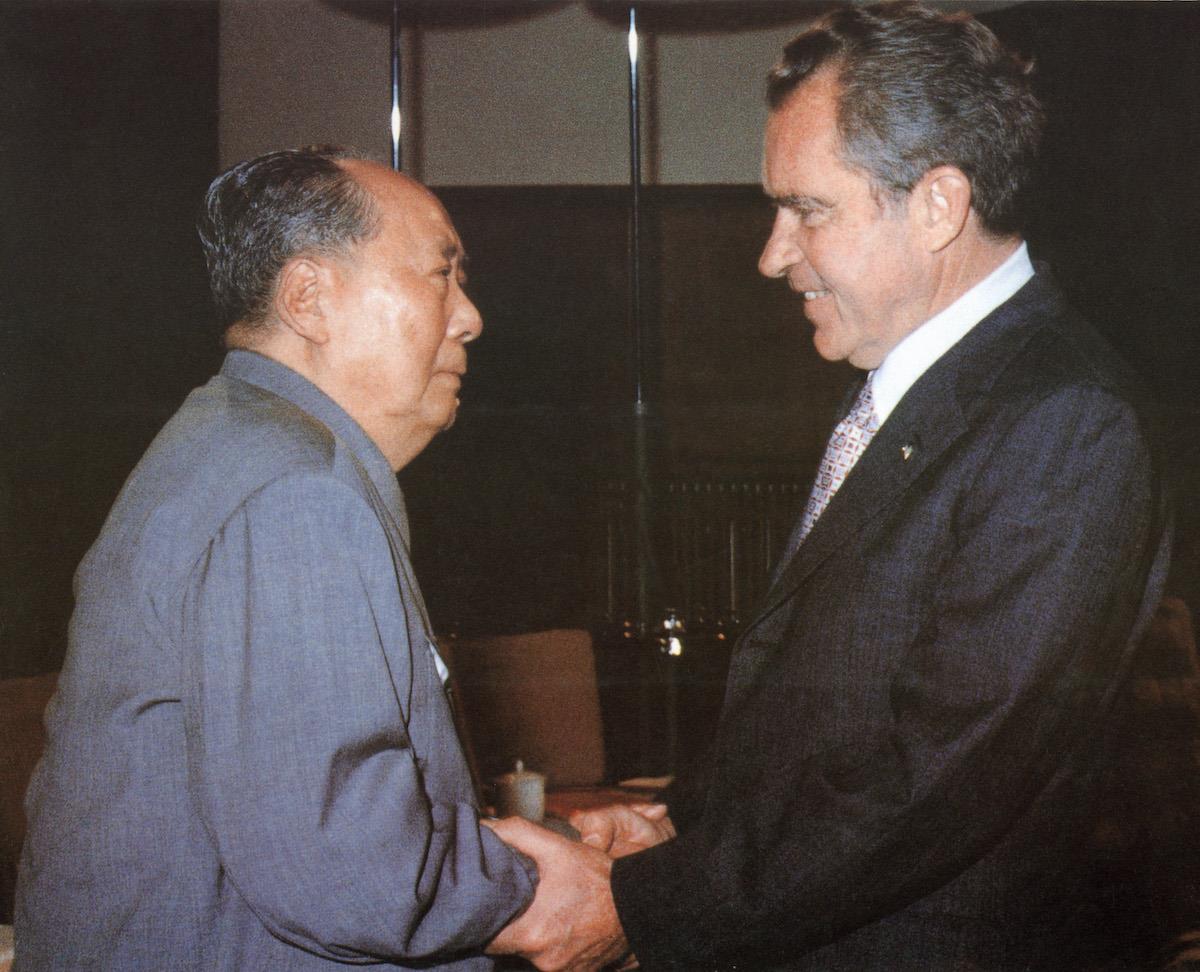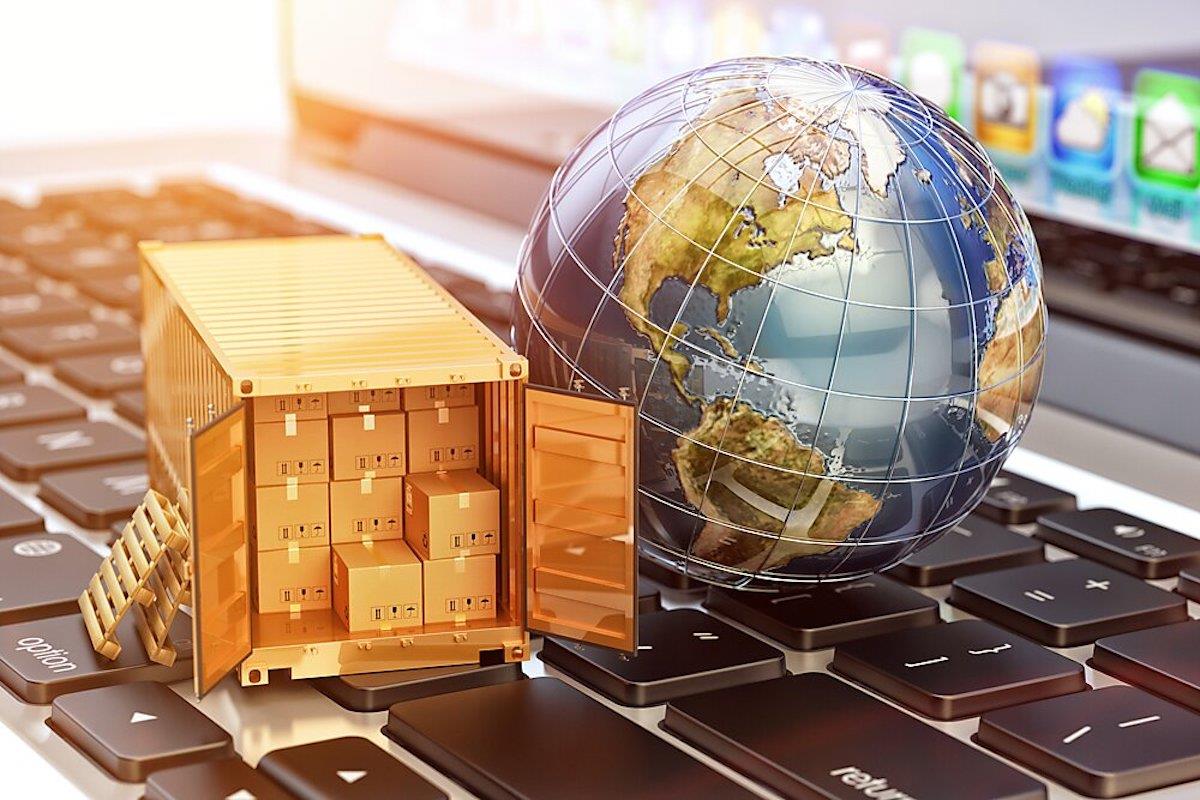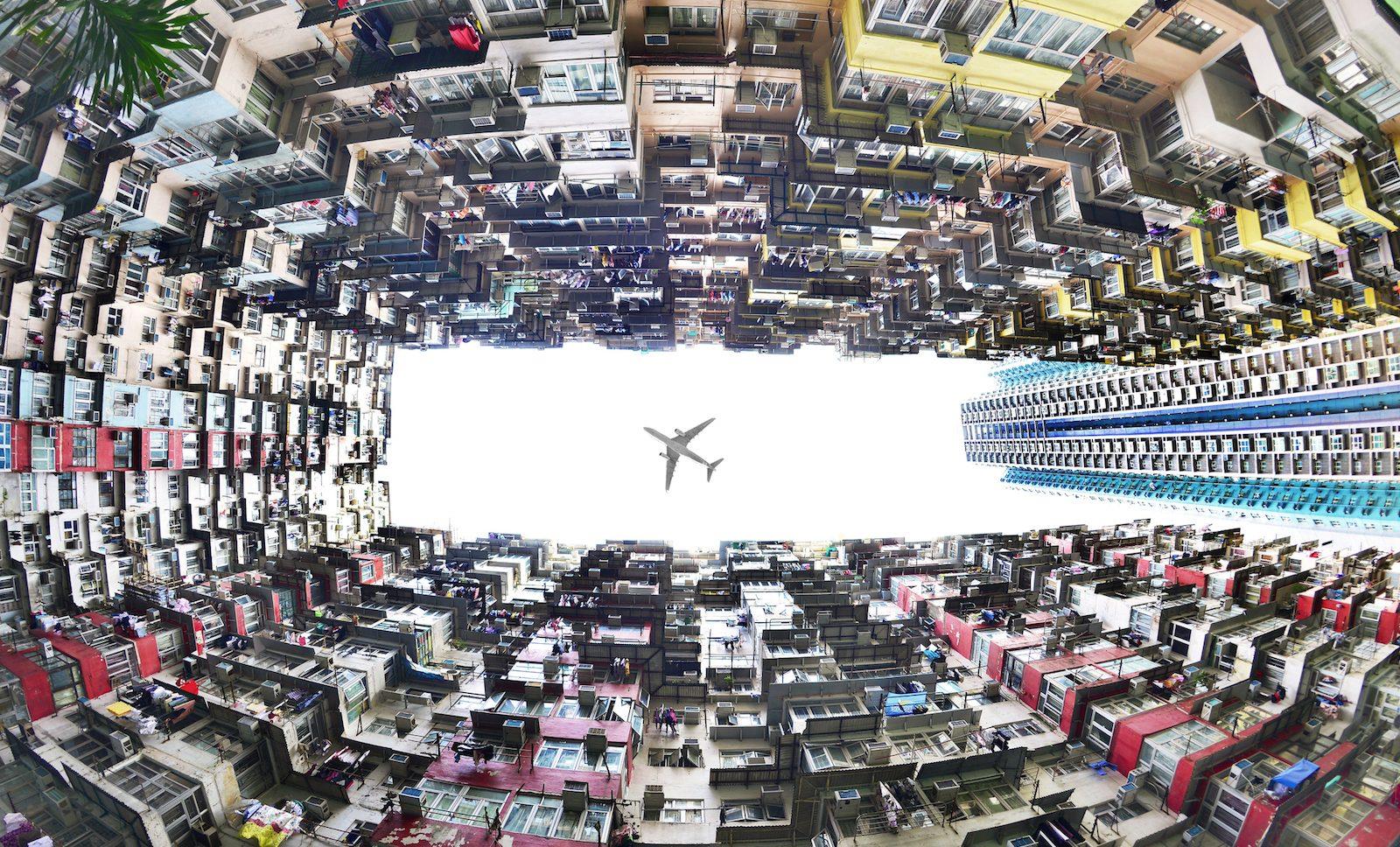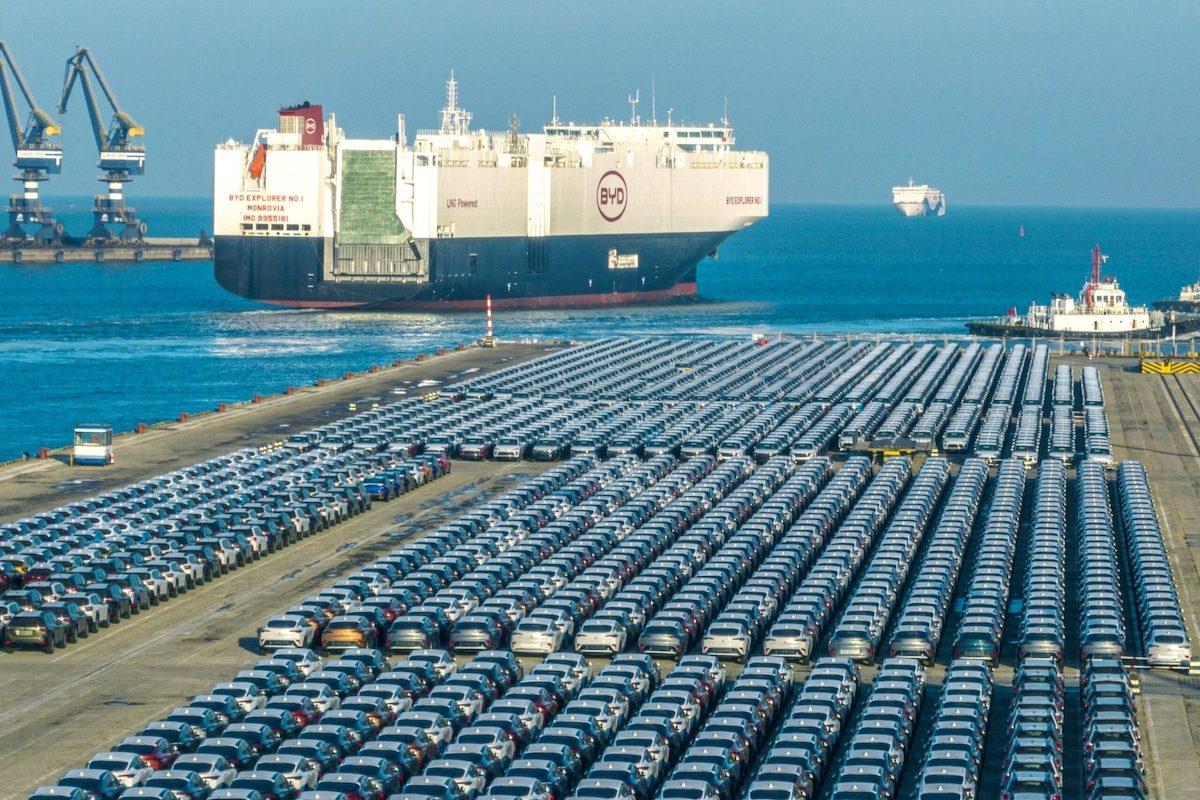
Elon Musk On Collision Course With China's Future
Sure, Musk claims to have cleared some regulatory hurdles to roll out his driver-assistance system in the globe's biggest auto market. According to press reports, Musk struck a deal on navigation and mapping software with Baidu Inc and met some requirements on data security. That, after he met with“old friend”
Li Qiang , China's premier.
Yet investors giving Musk's unstoppable force ethos the benefit of the doubt are forgetting two immovable objects standing in Tesla's way. One, the wave of new Chinese electric vehicles (EVs) with lower sticker prices than Musk could arguably offer. Two, the specter of another Donald Trump presidency.
The first challenge is among the reasons Tesla shares are still down 22% this year. The fingerprints of China's growing threat are all over why,“since late 2023, sentiment on Tesla has deteriorated,” says John Murphy, an analyst at Bank of America.
JPMorgan analyst Ryan Brinkman notes that“the sweeping layoffs” Tesla announced in mid-April which“amount to a reduction in crewed production capacity, should now leave no doubt that the decline in deliveries has been a function of lower demand and not supply.”
Never mind brutal reports of the disastrous rollout of Musk's long-awaited
Cybertruck , with its“trapped pedal” defect going viral on social media. Even after the“nightmarish price cuts” Musk announced in mid-April,“the full extent” of the problems they represent“aren't being fully appreciated by Mr Market,” says Gordon Johnson, analyst at GLJ Research. He calls Tesla“the best short-play in the stock market today.”
Hence the urgency of Musk's surprise China visit. As
Michael
Dunne, CEO of auto industry advisory ZoZoGo, says,“Elon could use a little favor right now. Is China in the mood?”
Only time will tell. As Johnson tweeted on April 30:“The question $TSLA needs to answer is simple: Did you get a license, like BYD/others below, to offer level 3 autonomous cars in China? Everyone is assuming they did. We at
@GLJ_Research are of the firm belief they DID NOT (as everyone is assuming). So...
@elonmusk/@Tesla, can you please clear this up for everyone?”
For now, though, Musk telegraphing a significant Chinese approval is a“home run” for Tesla, says Dan Ives, analyst at investment firm Wedbush, which maintained its“outperform” rating on the stock.

Nixon's multipolarity still best way to manage China

US is one of world's least trade-oriented nations
“We note Tesla has stored all data collected by its Chinese fleet in Shanghai since 2021 as required by regulators in Beijing,” Ives explains.“If Musk is able to obtain approval from Beijing to transfer data collected in China abroad this would be pivotal around the acceleration of training its algorithms for its
autonomous technology globally.”
In a note to clients, Morgan Stanley argues the symbolism of Musk's sudden China drive-by speaks volumes, signaling Tesla's determination to be part of a broader mainland ecosystem.
The bank concludes that“Musk winning blessing from the People's Republic of China for full-self-driving roll-out in the country seems to address embedded fears of Tesla's China profit.”
Here, Musk's personal bond with Li is a big plus. It was Li, back in his days as Shanghai party boss, who lobbied Musk to open a Tesla“gigafactory” in the city. The facility, which opened in April 2022, was Tesla's first outside the US, giving President Xi Jinping's Communist Party some bragging rights.

Workers at the Tesla Gigafactory in Shanghai on November 20, 2020. Photo: Xinhua
Now, Musk is hinting at an even bigger production presence in China. In 2022, Tesla contributed roughly one-quarter of Shanghai's overall total automotive production.
The next objective for local governments around China: angling for closer ties with Tesla to win some of those jobs as Musk looks to expand his autonomous driving fleet - and sales to Chinese consumers.
It's just what Li's image makers might've hoped for as Tesla looks to
“aggressively focus on building out its China footprint,” Ives notes. Even though China has its own promising EV companies, including BYD Co. Musk understands that Xi's nation has become“the golden goose EV market,” Ives notes.
As such, Tesla's mainland plant is now the“heart and lungs” of Musk's
global production .
Yet Musk's problem is no longer just the
Warren Buffett-backed BYD . It's an entire fleet of EV upstarts beginning to clog the commercial roads in Asia's biggest economy. As Asia Times contributor Scott Foster detailed this week, the ongoing Beijing International Automotive Exhibition, dubbed Auto China 2024, demonstrates what Musk is up against.
The event, Foster argues, is showcasing how many mainland rivals are catching up with EV pioneer Tesla and, worse,“increasingly making it look like an ordinary car company.” And Tesla is not even at the event that runs
through May 5.“Meanwhile,” as
Foster writes ,“Tesla has dropped to third place in the new-energy vehicle retail sales ranking in China.”
China Passenger Car Association data shows BYD sold 586,000 units in the first quarter of 2024, while Geely sold 137,000 to Tesla's 132,000 and Changan's 126,000. That's fully one year after the quarter during which BYD surpassed Tesla in battery-powered EVs.
Garrett Nelson, an equity analyst at CFRA Research, argues that Tesla bringing new low-cost vehicles to market over the next few years would be“the catalyst the stock needs.”
The catch, of course, is that mainland automakers are ahead of Tesla in that respect.
Musk's ambitions collide with China's desire to lead the EV boom, particularly as US consumers grow cold on the sector and Japanese giants like Toyota Motor cling to hybrids.
Though China is plenty important to Tesla, Beijing's priority is increased competition at home and exporting vehicles abroad. As mainland prices continue to drop, can Musk's one-time EV juggernaut compete?
An equally unanswerable question: what happens if Trump wins the
November 5
US election and imposes his
60% taxes
on all Chinese goods? Trump also is previewing possible 100% tariffs on certain auto imports.
Sure, Tesla makes loads of cars in the US. But Musk might suddenly face two dilemmas. One, Trump forcing Tesla to pick a side: produce vehicles in the US or China. The odds of the“America first” president letting Musk play both sides are virtually nil.
At the same time, Morgan Stanley warns, there's also the national security risks stemming from Musk's China dealings. Might making more Teslas in China put SpaceX's contracts with various US government agencies at risk?

Sign up for one of our free newsletters
- The Daily ReportStart your day right with Asia Times' top stories AT Weekly ReportA weekly roundup of Asia Times' most-read stories
These troubles also could bubble up in a second Joe Biden term. The closer Musk is perceived to be to China – particularly in data sharing capacities – the more US Congress members might look to marginalize Musk's interests.
In recent weeks, the US president has doubled down on steps to limit mainland access to vital US technology. He has also slapped fresh protectionist tariffs on Chinese steel and aluminum imports.
“China's policy-driven overcapacity poses a serious risk to the future of the American steel and aluminum industry,” says US National Economic Council Director Lael Brainard.“China cannot export its way to recovery. China is simply too big to play by its own rules.”
Trade tensions are surging elsewhere, too. Ursula von der Leyen, president of the European Commission, speaks for many when she warns that“global markets are now flooded with cheaper Chinese electric cars and their price is kept artificially low by huge state subsidies.”

Chinese electric vehicles are finding it difficult to enter Western markets. Photo: Clean Techica / X Screengrab
Another potential hiccup for Musk is his recent pleadings for new trade barriers so that Chinese EVs don't“demolish” the global competition.
Earlier this year, Musk told Tesla shareholders that Chinese automakers are the“most competitive” and“will have significant success outside of China, depending on what kind of tariffs or trade barriers are established.”
Musk added that“if there are no trade barriers established, they will pretty much demolish most other car companies in the world. They're extremely good.”
And now, extremely aware of the tangled web that Musk would confront trying to straddle staying in the good graces of both Trump and Xi.
Is that even possible as the two biggest economies drive to decouple their economies? The globe's second-richest man is about to find out.
Follow William Pesek on X at @WilliamPesek
Thank you for registering!
An account was already registered with this email. Please check your inbox for an authentication link.

Legal Disclaimer:
MENAFN provides the
information “as is” without warranty of any kind. We do not accept
any responsibility or liability for the accuracy, content, images,
videos, licenses, completeness, legality, or reliability of the information
contained in this article. If you have any complaints or copyright
issues related to this article, kindly contact the provider above.


















Comments
No comment